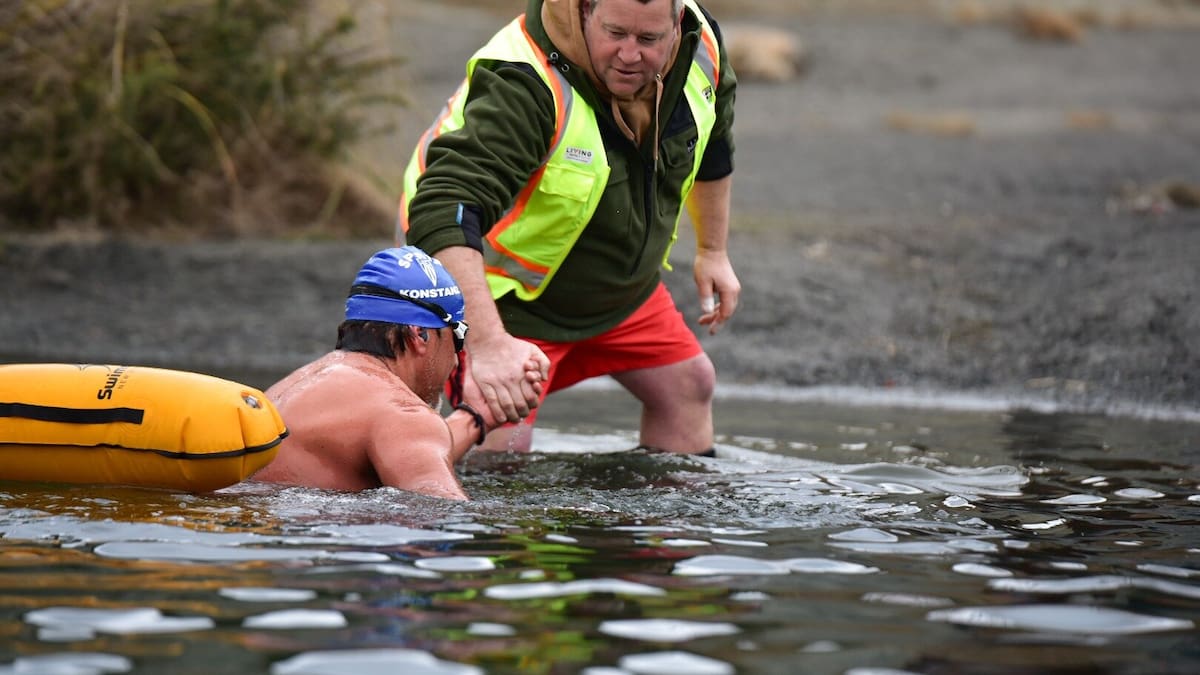McConnell, in her decision, confirmed the assault conviction was grounds for disqualification and therefore a mandatory ground for cancelling Saufoi’s certificate unless a waiver from disqualification was granted.
She accepted his actions were out of character and that he had taken full responsibility for them and all reasonable steps to ensure he did not offend in a similar way again.
McConnell said the convictions did not establish that he was no longer suitable to be a certificate holder.
“At the time of his offending Mr Saufoi was facing personal and family issues which he had kept bottled up inside. His actions on the night in question were out of character and he accepts he just exploded and reacted violently and irrationally to very minor provocation.”
Speaking to NZME, Saufoi said what happened was out of character.
“Leading up to the incident I was going through a lot. My dad had just been diagnosed with cancer and the location where everything happened was a place connected to the recent loss of one of my closest friends.
“That context does not excuse my actions, but it helps explain where I was mentally and emotionally at that time.”
He said after his security licence was suspended he took time to reflect on how he manages his emotions.
“I self-referred myself to a 20-week living without violence programme and also completed the Tupu programme.
“Initially my lawyer suggested I apply for a Section 106 (discharge without conviction) since it was my first offence. But as I worked through the programmes, I realised I needed to take full responsibility, so I withdrew the application.”
Saufoi advised the authority that he had stopped drinking alcohol after his offending and had remained sober since.
He had completed a Man Alive anti-violence programme and a Te Whatu Ora alcohol programme. McConnell said Saufoi had explained what he had learned from the courses and counselling he had attended.
McConnell waived the grounds for disqualification.
“In particular, he now talks about the issues he is facing rather than bottling them up inside him and has learnt to recognise and appropriately address his trigger points,” she said in her decision.
Instead of cancelling Saufoi’s security certificate, she extended the suspension period that had already been imposed to a total of 20 months with provision for him to be able to apply to get the suspension lifted after he had completed his sentence of community detention.
Saufoi’s certificate of approval was suspended for 18 months from July 19.
He will be able to apply to have the suspension revoked and his certificate reinstated once he has completed his community detention sentence.
To do so he must provide the Licensing Authority with confirmation he has completed his sentence without any breaches.
He must also supply a letter from a security licence holder confirming that they know about his convictions and are willing to employ or engage him if his security certificate is reinstated.
They will also be required to outline what supervision will be in place for him when he commences working.
Saufoi told NZME he was grateful for the grace shown to him.
“I accept the outcome and feel the conditions are fair. What happened was out of character and the programmes have given me practical tools to recognise my triggers, process emotions better and avoid letting things bottle up again.
He said he wanted to return to security as it is the work he was most comfortable with.
“It’s what I have the most experience with and where I’ve found I fit in the most. I’ve grown a lot since the last time I was in the industry and now have a deeper understanding of my personal impact and how to better stay steady in high pressure moments. Less reactive and more mindful.”
Al Williams is an Open Justice reporter for the New Zealand Herald, based in Christchurch. He has worked in daily and community titles in New Zealand and overseas for the last 16 years. Most recently he was editor of the Hauraki-Coromandel Post, based in Whangamatā. He was previously deputy editor of the Cook Islands News.





